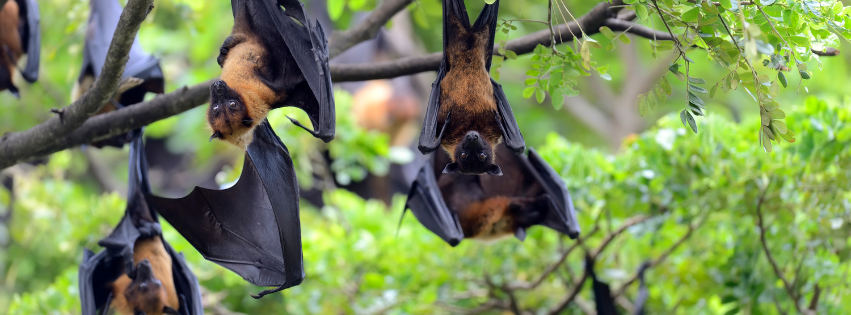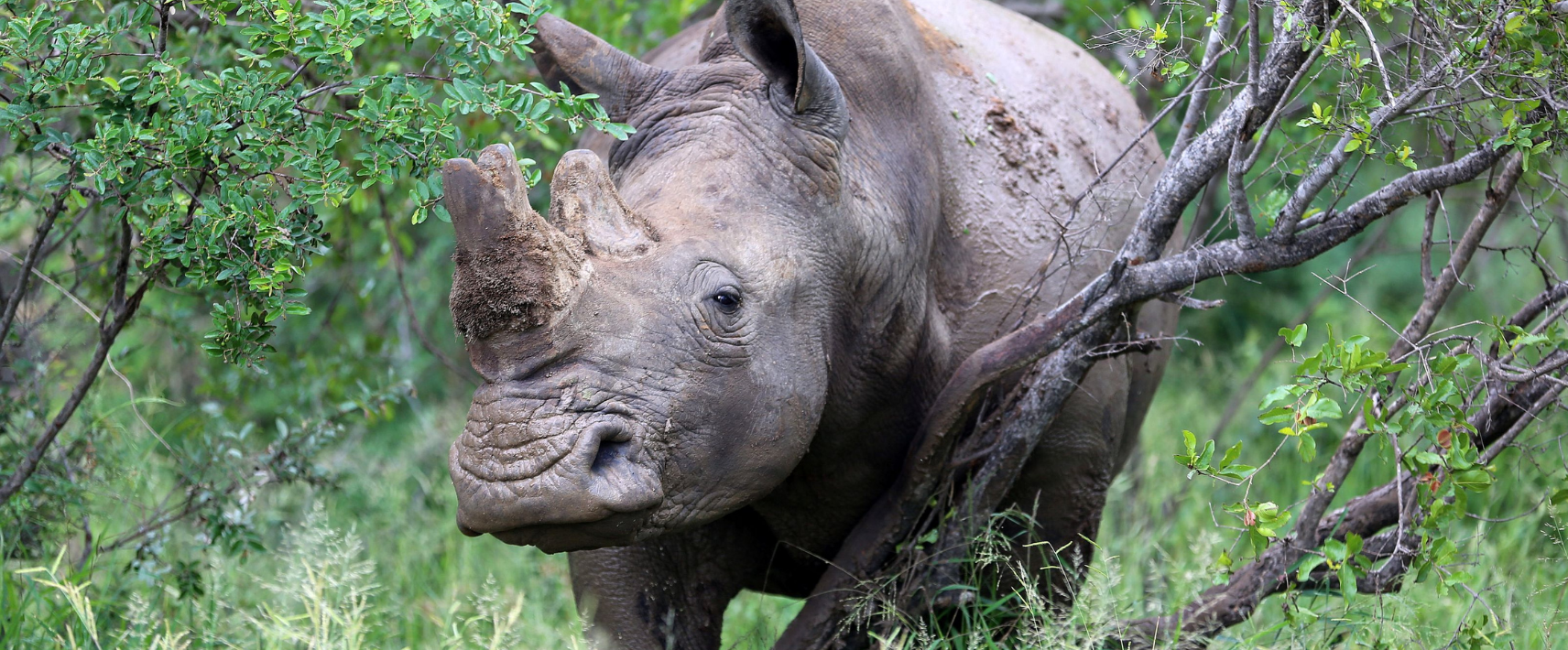Humane World for Animals has criticised the Crisafulli Government’s decision to reverse the former government’s phase-out of shooting flying foxes for crop protection. The animal protection charity says the move seriously undermines progress toward effective non-lethal management and brings back animal suffering. The phase-out of flying-fox shooting in Queensland was due to conclude on 1 July 2026, having given landholders three years to transition to non-lethal crop...
It is hard to describe the total joy we shared with our supporters and colleagues around the world when the government of South Korea passed legislation in January that makes the slaughter of dogs and the sale of dog meat for human consumption illegal.
HSI Korea has been leading the fight against this cruel trade and has been working to help close farms and remove dogs from dog meat farms for almost ten years. Over the years, they have been responsible for closing 18 farms and relocating thousands of dogs to loving homes in South Korea, Canada, the UK and the USA.
They worked to identify farmers that wanted to find more humane livelihoods and helped them transition to cruelty free opportunities such as growing chilis and parsley.
The work was difficult and slow, but every farm that closed was a step closer to ending the industry for good. JungAh Chae, the Executive Director of HSI Korea, felt great pride at the announcement from her government: “I am overjoyed that South Korea can now close this miserable chapter in our history and embrace a dog-friendly future”.
HSI Global CEO, Kitty Block, has spent many grueling hours on the ground with the teams on several farm closures and said the sheer scale of animal suffering was hard to fathom. She described the rows and rows of rusty cages with
dogs peering out in desperation—some still strong enough to stand up and wag their tails, others too weak to move huddled in the corners of their cages, skeletal and starving.
As many as one million dogs were farmed and killed for human consumption every year. This ban will permanently end the suffering of all these animals.
Within South Korea, the tide has been turning against the dog meat industry in recent years.
Close to six million South Koreans own pet dogs and President Yoon Suk-yeol and his wife South Korean First Lady Kim Keon-hee are animal lovers with six dogs and five cats in their household. Important work by HSI Korea has helped many more South Koreans understand there is little difference between their pet dogs and the dogs bred for food in abysmal conditions.
A survey conducted by local group, Aware, in December 2023 in South Korea, showed that 93% of respondents said they had no intention of eating dog meat, with no significant difference in responses between those who own pets and those who did not.
The ban allows for a three-year phase out during which dog farmers, slaughterers and restaurant owners can apply for government compensation and assistance to transition to new livelihoods.
South Korea now joins a growing list of countries and territories across Asia that have banned the dog meat trade (with varying degrees of enforcement) including Hong Kong, Taiwan, the Philippines, India, Thailand and Singapore, as well as the cities of Shenzhen and Zhuhai in mainland China, Siem Reap province in Cambodia, and 45 cities, regencies and provinces in Indonesia.
Every breed of dog imaginable could be found on dog meat farms, each one deserving of love and affection.


